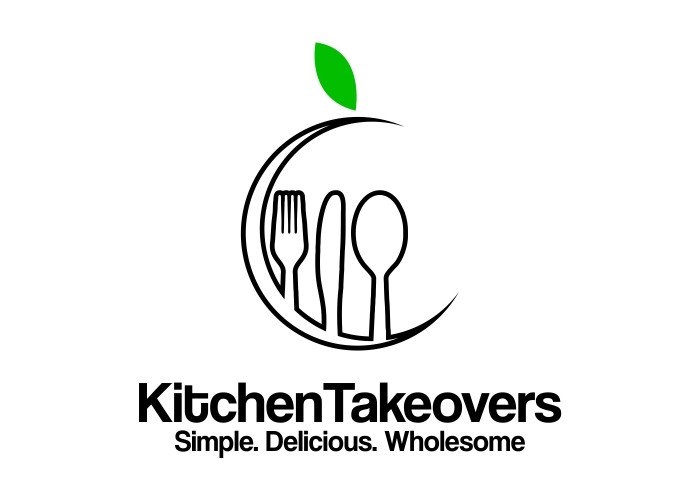What do these fruits have in common?
They are citrus fruits and naturally high in vitamin C, and other phytonutrients proven to have positive health benefits. The antioxidants within these fruits may even help keep ovarian cancer at bay!
A recent study carried out by A. Cassidy et al, 2014, from the University of East Anglia. Showed there were significant correlations between flavonol intake and the risk of ovarian cancer. Flavonol is a powerful antioxidant found in a variety of foods, such as fruits, vegetables, tea and red wine. The study comes as part of a long cohort from 1976 of 171,940 women aged 25-55 years old. The participants completed an initial questionnaire, to assess risk factors for cancer and cardiovascular disease. They also completed follow-up biannual questionnaires to track lifestyle and disease diagnoses.
I am sure more studies will need to be carried out, but this a great start. And it shows that by introducing simple changes to the diet. Can have a huge pay off on reducing your risk of certain disease states. It has been repeatedly shown that most diseases are linked to poor dietary and lifestyle choices.
Because polyphenols are sensitive to processing and cooking methods, it is best to get them from foods that undergo as little to no processing. For example 25-97% of flavonols can be lost in preparation depending on cooking and storage methods used (Luck et al 2012. Shadidi and Naczk 1995; Cheyneir 2005). So when you can, eat raw and as fresh as possible! I found this study very interesting as my university project investigated the amount of phenols and poly-phenols in the UK diet, and not surprising we are not getting enough of these amazing phytonutrients.
Till next time, EAT mindfully, DRINK responsibly, and EXERCISE your mind and body!
***Disclaimer: Any of the information within this blog post and others on this site is for information and educational purposes only and is NOT intended to be taken as diagnosis, treatment, cure or to prevent any disease. Any reader concerned about his or her health is advised to seek medical advice from their GP or relevant medical professional***
